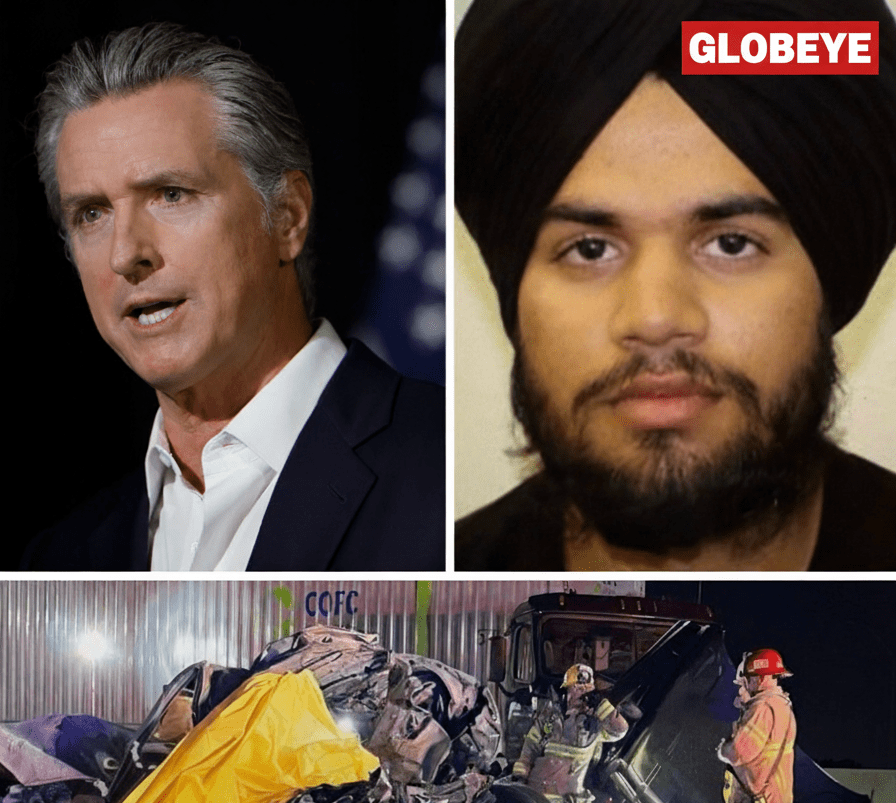DOT Report Accuses Gov. Gavin Newsom of Violating Federal Law by Upgrading an Illegal Immigrant’s Truck License Before Fatal California Crash
A damning new federal report has placed California Governor Gavin Newsom under fire after the U.S. Department of Transportation accused his administration of violating federal law by upgrading the commercial driver’s license of an illegal immigrant trucker who later caused a catastrophic crash that killed three people and injured several others. The incident has now ignited national outrage and renewed calls for accountability over how California handles licenses for non-citizens.
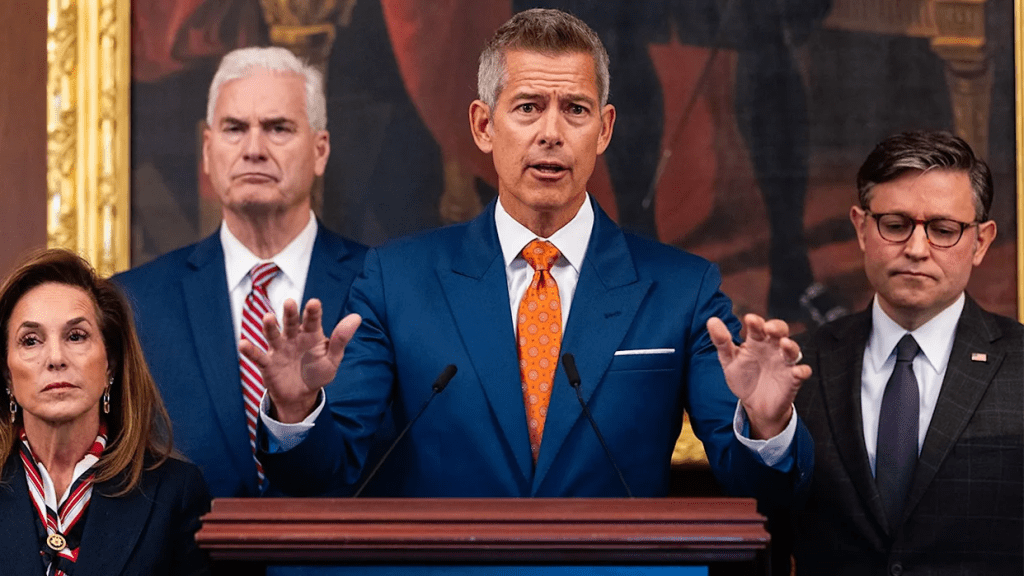
The driver, identified as 21-year-old Jashanpreet Singh, had entered the United States in 2022 and was working in California when the deadly crash occurred on Interstate 10 in San Bernardino County on October 21, 2025. Investigators say Singh was operating a large truck under the influence of drugs when he failed to brake in time, plowing into multiple vehicles and causing a fiery pile-up that left three people dead at the scene.

According to the DOT’s report, Singh’s commercial driver’s license was not only issued by California authorities earlier this year but was also upgraded in September 2025—just weeks after the federal government enacted an emergency rule tightening verification standards for commercial licenses. The rule specifically required proof of legal presence and heightened scrutiny for any non-domiciled applicants. The report alleges that California’s Department of Motor Vehicles disregarded that rule when they approved Singh’s license upgrade, calling the action a “direct violation of federal law.”
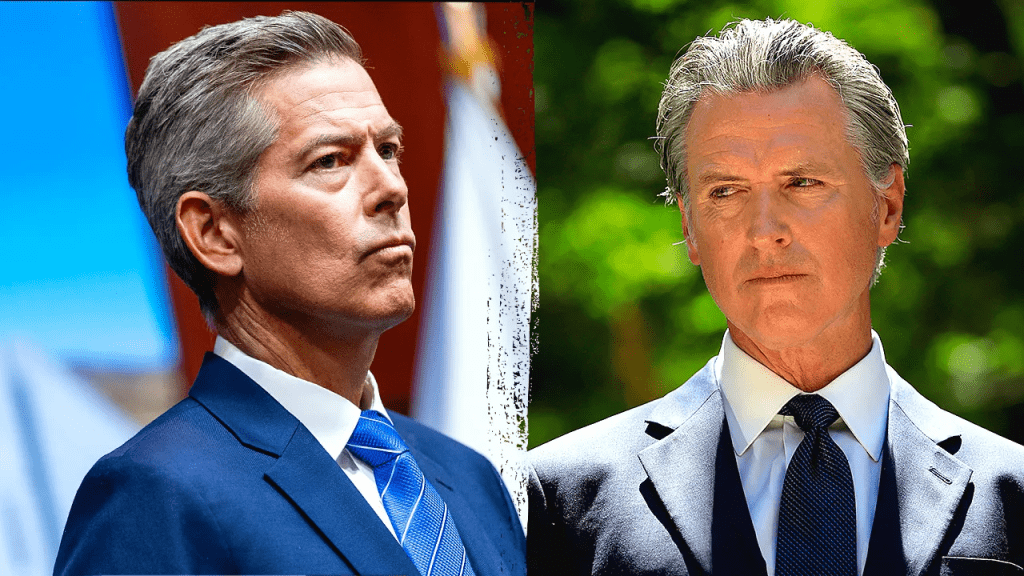
U.S. Transportation Secretary Sean Duffy did not hold back in his remarks after the report’s release, calling the findings “shocking and unacceptable.” He said the state had “broken the law and endangered innocent lives,” vowing that “there will be consequences.” Federal officials are now weighing financial penalties that could strip California of up to $40 million in transportation funding if the violations are confirmed.
Governor Newsom’s office has strongly denied wrongdoing, claiming the trucker’s paperwork—including work authorization—had been validated by the federal government before the state issued his license. His spokesperson insisted that the driver’s eligibility “was reviewed and processed in accordance with all applicable standards.” However, the DOT report paints a different picture, citing repeated lapses in the state’s verification procedures and warning that California’s licensing system “poses ongoing risks to public safety.”
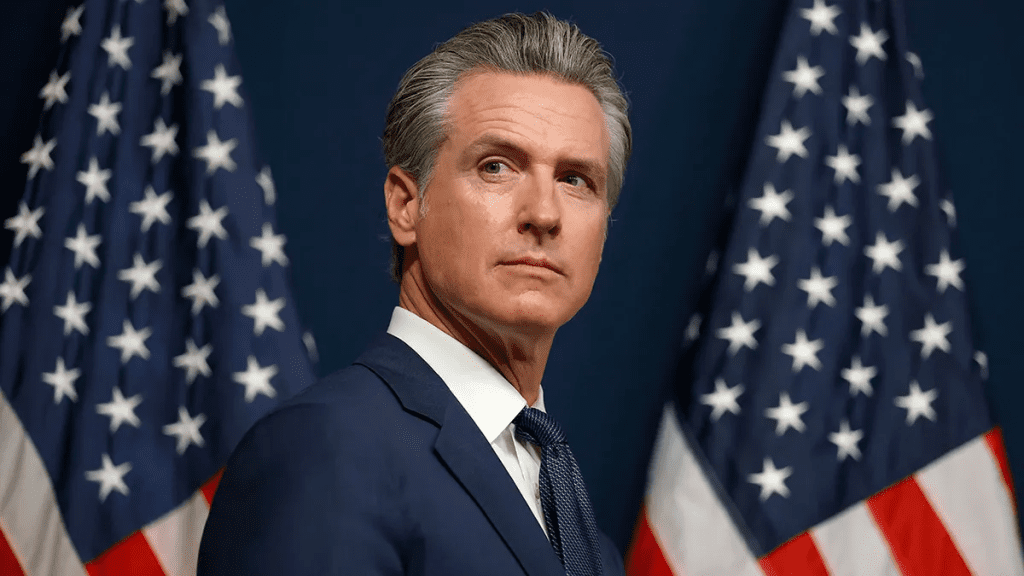
The revelations have triggered immediate political fallout. Critics argue that Newsom’s broader immigration policies—especially his administration’s decision to expand access to driver’s licenses for non-citizens—created the loophole that allowed Singh to drive a commercial truck despite his questionable legal status. Former federal safety officials say the case exposes a “systemic breakdown in oversight,” while grieving families of the victims are demanding that California take full responsibility for what they call a “preventable tragedy.”
Photos from the crash site show the wreckage engulfed in flames, with first responders working through the night to extract victims from twisted metal. Witnesses described a chaotic scene as multiple vehicles collided and burst into fire. The aftermath has since become a focal point for national debate on highway safety, immigration enforcement, and state accountability.
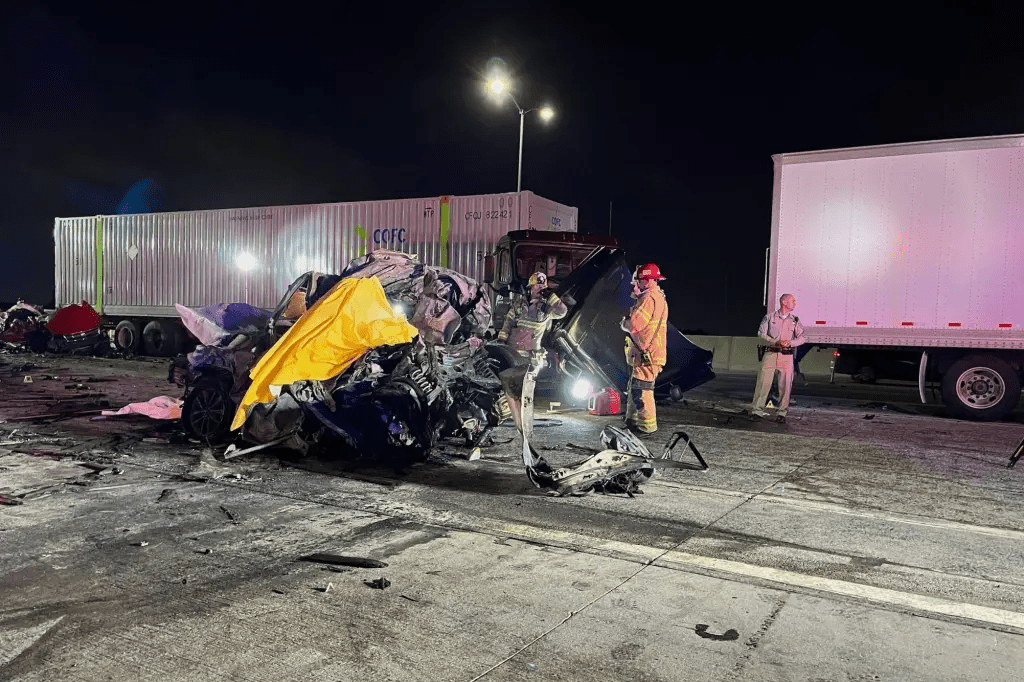
In the weeks since the crash, Singh has been charged with vehicular manslaughter and operating under the influence. Prosecutors allege that his commercial driving record included prior safety violations that went unnoticed due to the state’s patchwork verification process. Federal investigators are now examining whether any officials within California’s DMV knowingly ignored documentation irregularities.
The consequences of this report reach far beyond one case. It has put the Newsom administration in the crosshairs of both federal regulators and political opponents, while sparking broader concerns about state compliance with nationwide licensing standards. If federal penalties proceed, California could face not only financial sanctions but also stricter federal monitoring of its entire commercial driver’s license system.
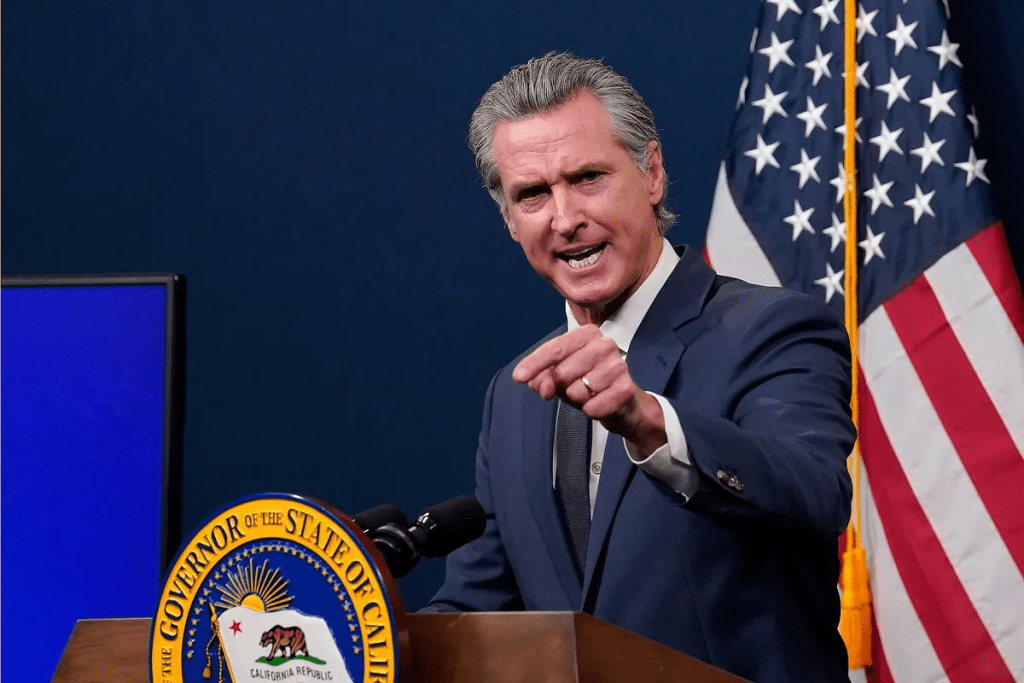
For the families of those killed, the bureaucratic explanations mean little. Three lives were lost in seconds on a California highway, and now questions about government negligence and accountability linger. As investigations deepen and the political firestorm grows, the state’s approach to licensing and immigration oversight faces one of its biggest tests yet — one that could reshape national policy for years to come.
